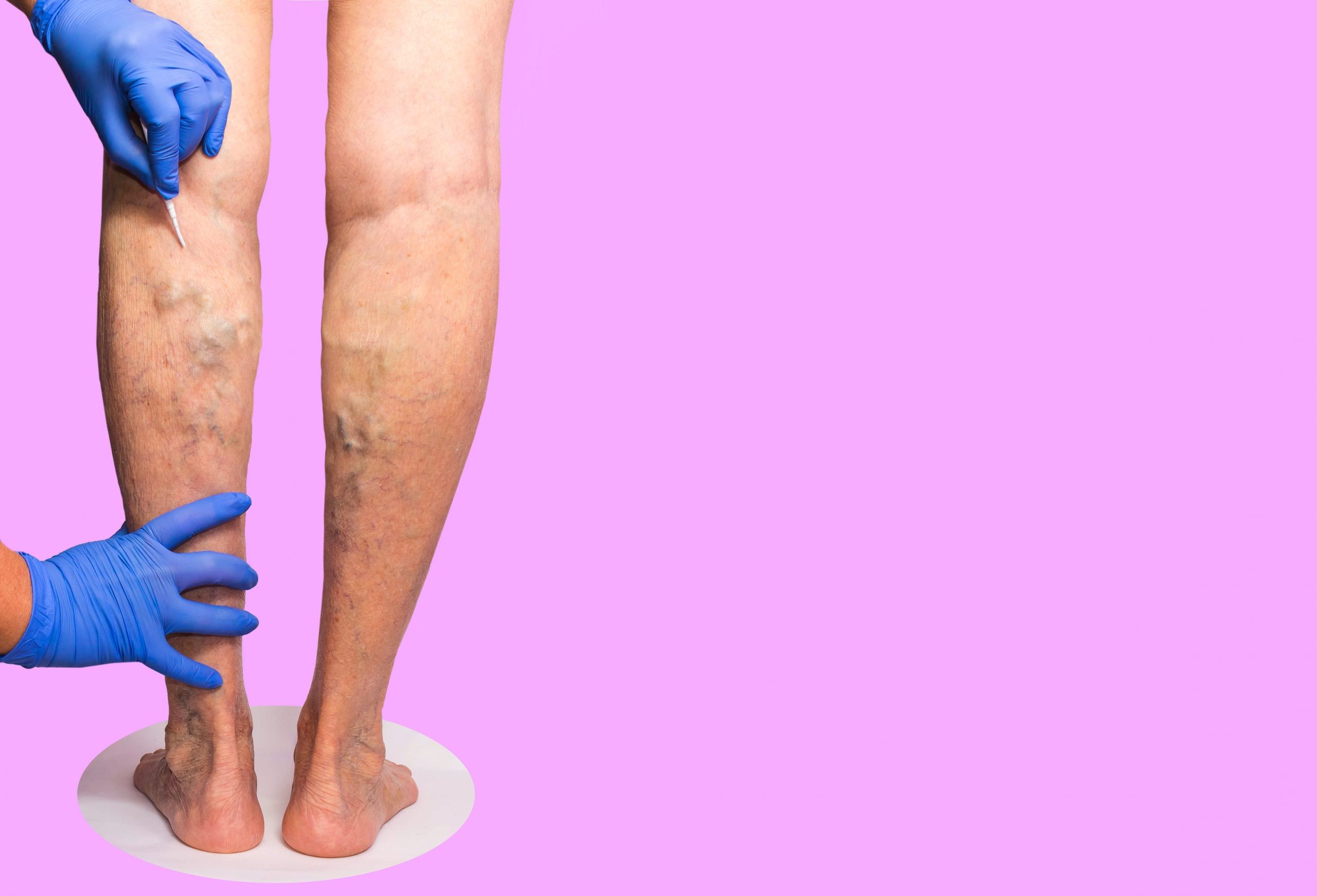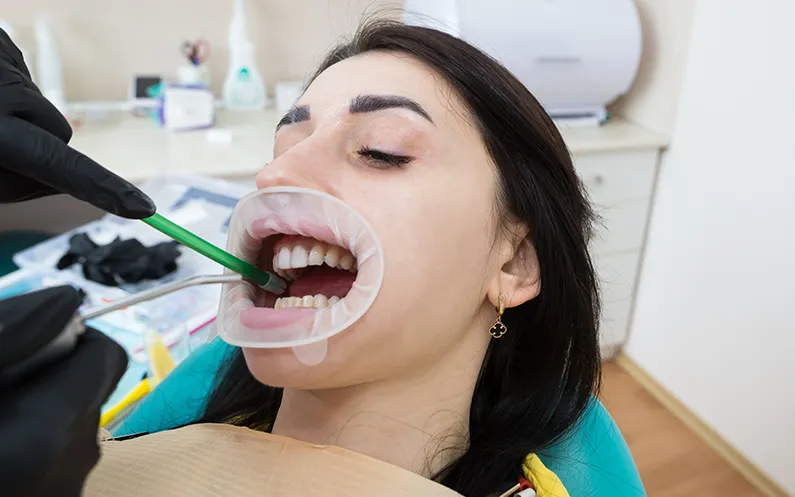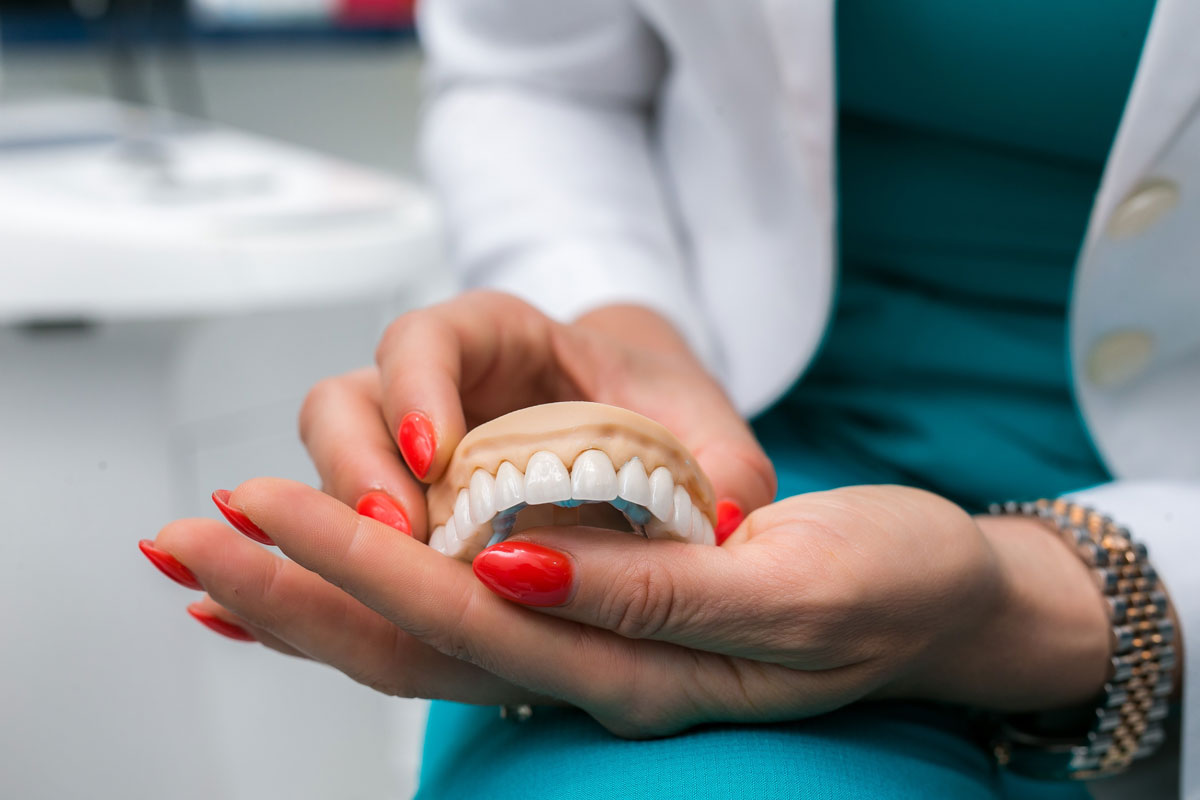When it comes to dealing with vein-related issues, many people are unsure of which type of doctor they should see. Vein health is often overlooked, but when problems like varicose veins, spider veins, or chronic venous insufficiency arise, it is essential to consult a professional with the right expertise. So, what kind of doctor is a vein specialist? This article explores the role of a vein specialist, the types of doctors involved in vein care, and why seeking specialized care is important for your health.
What is a Vein Specialist?
A vein specialist, also known as a phlebologist, is a medical professional who specializes in diagnosing and treating disorders related to veins. The term “phlebologist” comes from the Greek word “phlebos,” meaning vein. While this term is common in many parts of the world, in the United States, vein specialists may also be board-certified in other medical fields, including dermatology, cardiology, or vascular surgery, and then further specialize in venous care.
Vein specialists focus on conditions affecting the veins, including varicose veins, spider veins, deep vein thrombosis (DVT), and chronic venous insufficiency. They are trained to provide both non-surgical and surgical treatments for these conditions, utilizing advanced techniques like endovenous laser therapy, sclerotherapy, and vein stripping.
How Does a Vein Specialist Differ from Other Doctors?
Many people wonder if they should see a general practitioner (GP), dermatologist, or vascular surgeon when dealing with vein-related issues. While these doctors may offer some treatments or initial advice, a vein specialist is specifically trained to focus on venous diseases.
- General Practitioners (GPs): Your GP may diagnose and refer you to a vein specialist if they identify a problem with your veins, but they typically do not have the expertise to treat complex vein conditions themselves.
- Dermatologists: Some dermatologists have specialized training in treating spider veins or varicose veins, particularly when they are considered cosmetic issues. However, they might not be equipped to handle more serious vein conditions, such as chronic venous insufficiency or deep vein thrombosis.
- Vascular Surgeons: Vascular surgeons are highly trained in diseases of the arteries and veins. Some may focus exclusively on arterial problems, while others specialize in venous care. A vascular surgeon may perform more invasive procedures such as vein stripping or vein bypass surgery.
- Interventional Radiologists: Some vein specialists are interventional radiologists, which means they use imaging technology (such as ultrasound) to guide minimally invasive treatments for vein diseases.
Types of Conditions Treated by a Vein Specialist
Vein specialists treat a wide variety of venous conditions, ranging from cosmetic concerns to more serious medical issues. Some of the most common conditions include:
- Varicose Veins: These are swollen, twisted veins that are often visible beneath the skin. They usually appear on the legs and can be painful or cause discomfort. Vein specialists offer several treatments, including laser therapy and sclerotherapy, to close or shrink the affected veins.
- Spider Veins: Spider veins are smaller, web-like veins that are usually found on the legs or face. While often not painful, they can be a cosmetic concern. Vein specialists can treat spider veins using techniques like sclerotherapy or laser therapy.
- Chronic Venous Insufficiency (CVI): CVI occurs when the veins in the legs cannot pump blood back to the heart properly, causing blood to pool in the legs. Symptoms include swelling, pain, and skin changes. A vein specialist can recommend treatments like compression therapy or surgical interventions to restore proper blood flow.
- Deep Vein Thrombosis (DVT): This is a condition where a blood clot forms in a deep vein, typically in the leg. DVT can be dangerous if the clot breaks free and travels to the lungs (pulmonary embolism). Vein specialists may work in conjunction with other specialists to manage and treat DVT through medication or surgical procedures.
- Venous Ulcers: These are open sores that occur when the veins are unable to carry blood properly, often resulting in poor circulation. Treatment may involve wound care, compression therapy, or surgical intervention.
What Qualifications Does a Vein Specialist Have?
Vein specialists are highly trained professionals with specialized qualifications in venous medicine. Many are board-certified in other medical fields, but they have undergone additional training in the diagnosis and treatment of vein diseases. Common backgrounds for vein specialists include:
- Vascular Surgery: Many vein specialists have completed extensive training in vascular surgery, which focuses on the treatment of diseases affecting blood vessels. These specialists can perform a wide range of procedures, from minimally invasive interventions to major surgeries.
- Interventional Radiology: Some vein specialists are trained as interventional radiologists, specializing in non-surgical procedures to treat vein diseases. They use advanced imaging techniques to guide procedures like endovenous laser therapy or catheter-based treatments.
- Dermatology: A dermatologic background can be beneficial, especially when treating cosmetic vein conditions such as spider veins. Dermatologists with a specialization in phlebology may provide non-invasive treatments like laser therapy or sclerotherapy.
- Cardiology: Cardiologists who focus on the heart and vascular system may also become vein specialists. They typically have expertise in diagnosing and treating vascular conditions that involve both veins and arteries.
In addition to their medical qualifications, vein specialists often undergo additional certification or fellowship training in venous medicine, ensuring they stay up to date with the latest techniques and innovations in the field.
Why See a Vein Specialist?
If you are experiencing vein-related problems, visiting a vein specialist offers several advantages:
- Expert Diagnosis: A vein specialist has extensive training and experience in diagnosing venous conditions, ensuring that you receive an accurate diagnosis.
- Targeted Treatment: Vein specialists offer a range of treatments tailored to your specific condition, whether it’s varicose veins, spider veins, or more complex issues like chronic venous insufficiency.
- Minimally Invasive Options: Many vein specialists focus on providing minimally invasive treatments, such as sclerotherapy or laser therapy, which require no incisions and result in quicker recovery times.
- Preventing Complications: Conditions like deep vein thrombosis or chronic venous insufficiency can lead to more severe complications if left untreated. A vein specialist can help manage these conditions before they become life-threatening.
- Cosmetic Solutions: If you’re concerned about the appearance of spider veins or varicose veins, a vein specialist can provide cosmetic treatments that restore the appearance of your legs and improve your quality of life.
Conclusion
A vein specialist, or phlebologist, is a doctor with specialized training in diagnosing and treating vein conditions. Depending on their background, they may also be a vascular surgeon, dermatologist, or interventional radiologist. By consulting a vein specialist, you can receive expert care for a variety of venous issues, ranging from cosmetic concerns to serious medical conditions like deep vein thrombosis. With their expertise and access to advanced treatments, a vein specialist is your best option for managing and improving your vein health.




